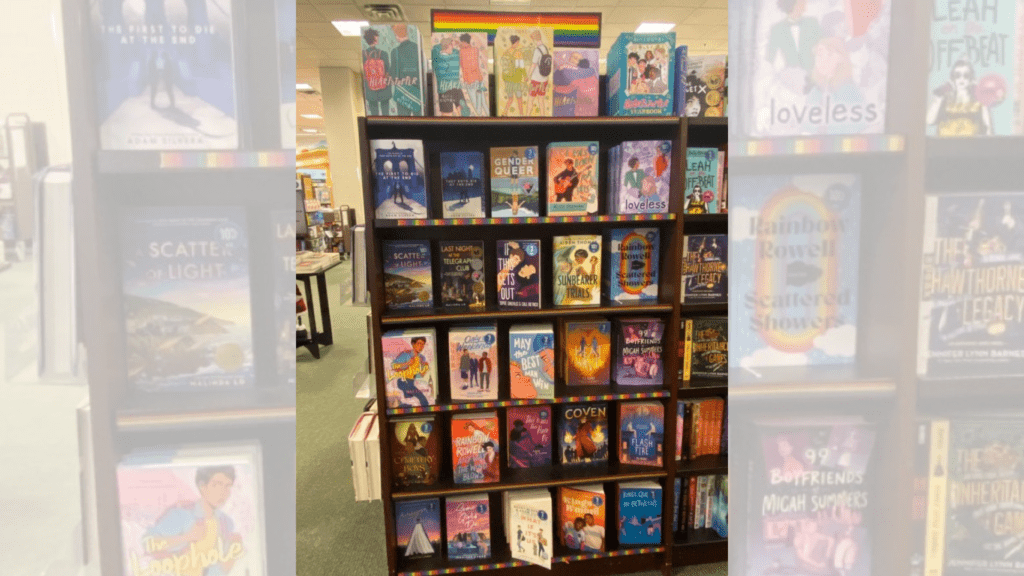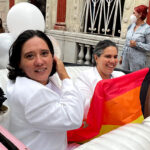The impact of Book clubs in fostering LGBTQ community and Discourse
Book Clubs play a pivotal role in community- building and and meaningful discussions within the LGBTQ context.
A sense of belonging, connection, and community originated from the need for companionship, emotional support, shared interest, and the need to feel loved and valued by a group of people. It is finding one person or people who can share in your happy and sad moments, offer a pat on your back tell you, you are doing well, and enjoy your hobbies with you. Some of these communities can be in the form of religious and spiritual communities where people share the same beliefs and rituals; fitness classes and sports teams; volunteer organizations centering on volunteer work; parenting groups, and cultural and ethnic groups that celebrate specific cultural backgrounds which provide a sense of shared identity and heritage.
For those passionate about books, book clubs serve as a secure haven where we can openly express our admiration for compelling characters without fearing judgment as eccentric or peculiar enthusiasts. Within these book clubs, we freely share our enthusiasm, discussing at length how an author’s storytelling resonates with our own experiences. The exhilaration, the goosebumps, and the desire to share pent-up thoughts with those who comprehend, all underscore that book clubs truly constitute a haven for readers. Every book lover, regardless of their identity, should encounter and relish such an experience.
This article therefore portrays and highlights the role of book clubs as a platform for community-building and meaningful discussions within the LGBTQ context.
Writers whether intentionally or subconsciously, play a pivotal role in shaping the progression of cultural identity. They achieve this by promoting empathy, challenging established societal norms, and motivating individuals to engage with and confront pressing issues within their communities. Through their written works, authors contribute significantly to the ongoing development and transformation of cultural identities. In his 2013 article, Dr. Jaysinh B. Zala states, “Literary works portray the thinking patterns and social norms prevalent in society. They depict the various facets of common people’s lives.”
LGBTQ authors so try to capture the experiences of being queer in society through their writings, and they address the right readership for their works. Chinelo Okparanta, Jude Dibia, Akwaeke Emezi, Buki Papillon, Francesca Ekwuyasi, Unoma Azuah, and other notable Nigerian LGBTQ writers have explored a variety of facets of LGBTQ people residing in Nigeria. Queer writers from the West include Samantha Shannon, David Sedans, Aude Lorde, Armistead Maupin, and Alison Bechdel, among many more.

Picture by Hannah on Pinterest
Book clubs of selected queer books create a nurturing and supportive environment for LGBTQ individuals to belong and let go of the weight and burden they carry around. Through reading and discussing books that explore diverse aspects of LGBTQ life, individuals in these book clubs encounter characters and narratives that resonate with their own experiences.
This shared exploration of literature allows for a deeper connection and a sense of validation, reinforcing that their stories are recognized and valued. It offers a platform for members to express their thoughts, feelings, and perspectives in a safe and understanding community.
Some LGBTQ online platforms include:
1. LGBTQ Bookclub: They are a friendly book club based in Hillingdon and meets virtually monthly. They can be reached through their Instagram page at: Link
2. LGBTQ+ Bookclub Bridgend: Their community caters explicitly to trans and nonbinary people as well as CIS LGB+. It is considered a safe space and allies are welcome if accompanying an LGBTQ+ person. They can be reached through their Instagram page at: Link
3. LGBTQ+ Bookclub: This particular book club is aimed at shedding light on queer authors and giving them a platform to shine. They can be reached through their Instagram page at: Link
Although these book clubs are created with the growth and wellbeing of the LGBTQ community in mind, it is not without its challenges and problems. Just like other communities, members of these book clubs might have differing opinions on who should be part of the club, which author’s book is queer enough to be read, and how best they think they could be represented.
To address such issues, these book club organizers and founders must listen to ideas and opinions, and make their book clubs inclusive and accessible to a diverse range of LGBTQ individuals, avoiding discrimination within the community.
Overall, book clubs are essential for the well-being, personal growth, and development of passionate book lovers and the LGBTQ community should not be denied that.



